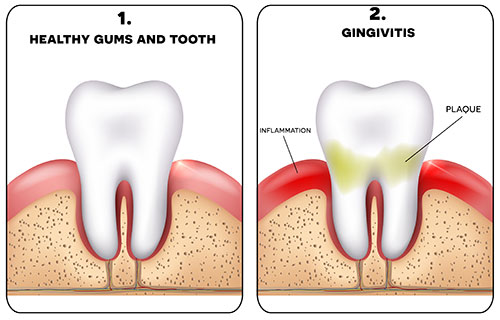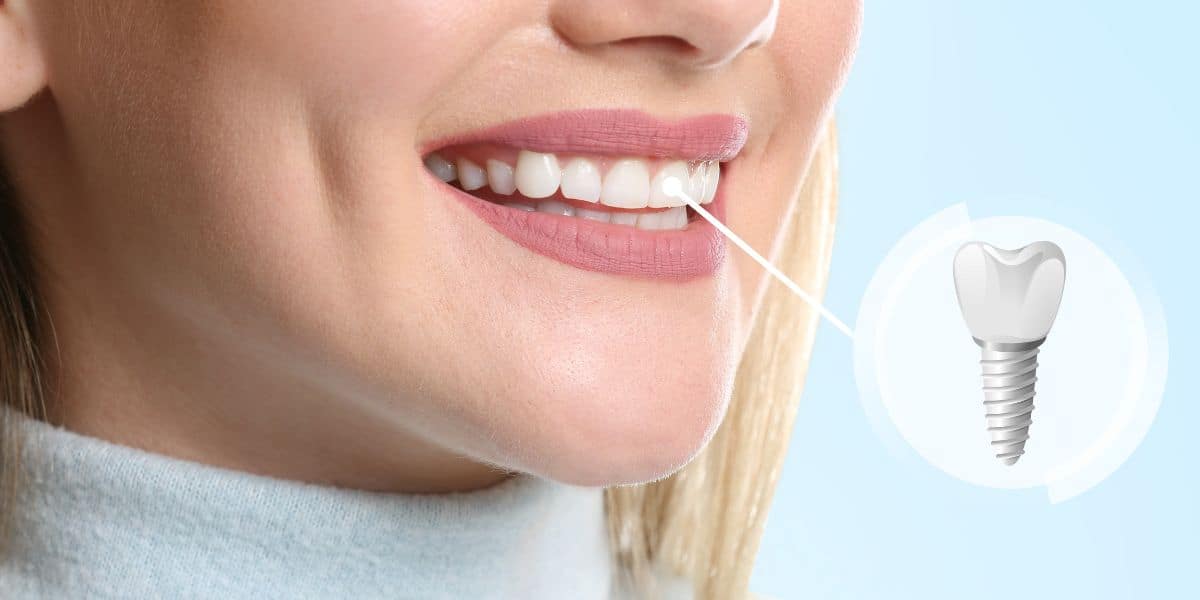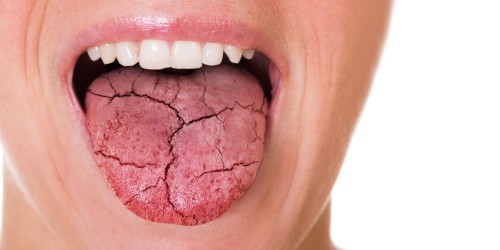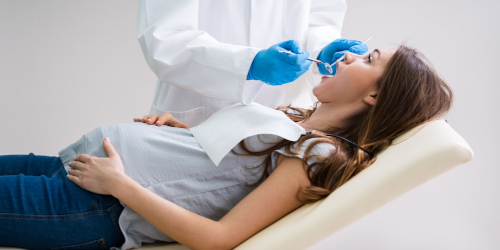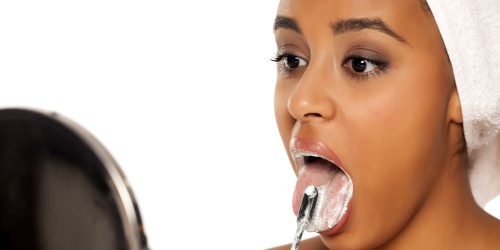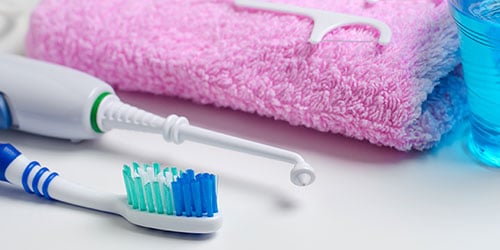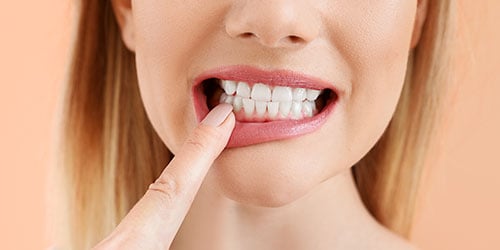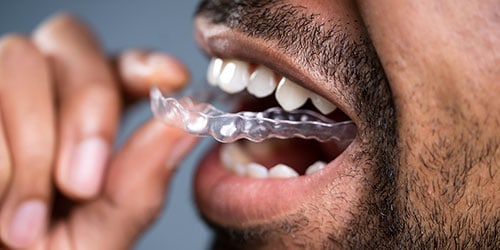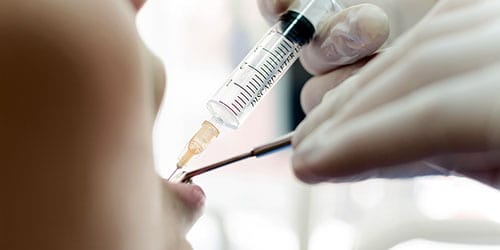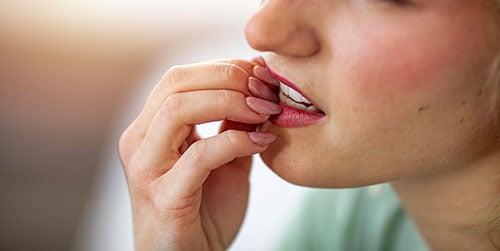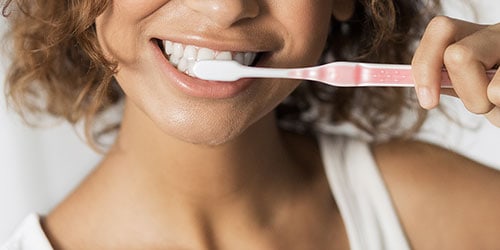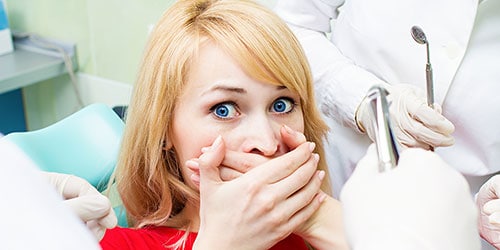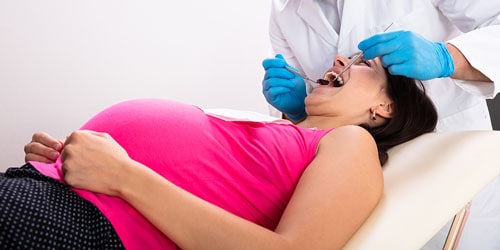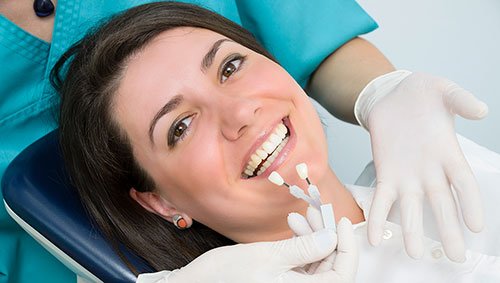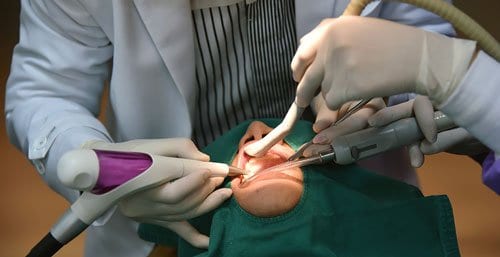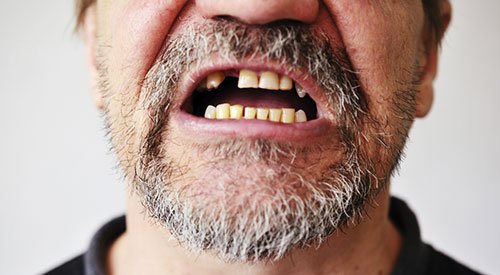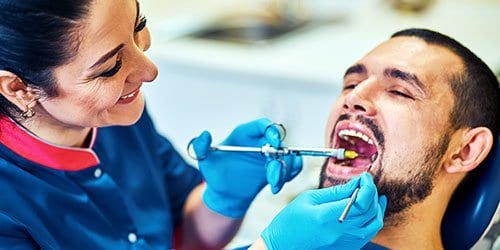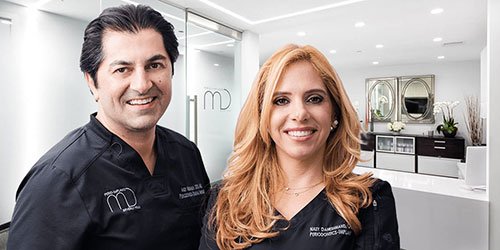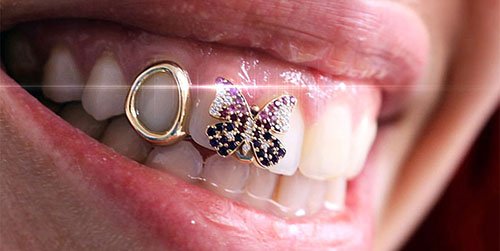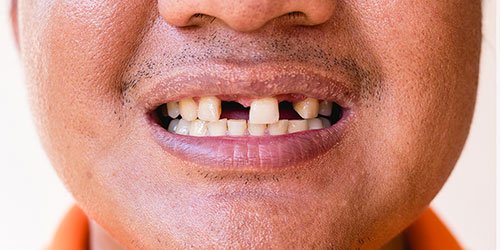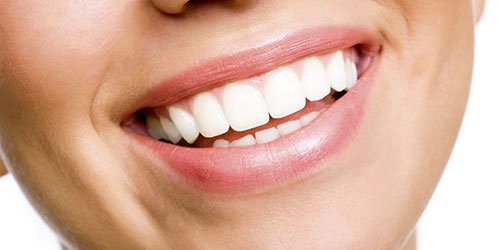Pregnancy can bring extended periods of blissful serenity. Pregnancy can also present minor inconveniences. Some of those inconveniences may, if left unattended, turn into major problems. A condition that is known as pregnancy gingivitis definitely falls into the latter group.

What is gingivitis?
Gingivitis is a common and usually mild form of gum disease. It causes irritation, redness, and swelling (inflammation) of your gingiva. (Gingiva is the part of your gum that, when it’s healthy, provides a gumline that fits tightly and smoothly around the base of your teeth.)
What causes gingivitis?
The most common cause is poor oral hygiene, which encourages plaque to form on your teeth. Plaque is an invisible sticky film composed mainly of bacteria. It forms on your teeth when starches and sugars in food interact with the bacteria normally found in your mouth. Plaque requires daily removal because it reforms quickly.
Dental plaque that is allowed to stay on your teeth can collect under the gum line and harden into a substance known as tartar. Tartar collects bacteria and makes plaque more difficult to remove by creating a protective shield over the bacteria. While good at-home oral care can control plaque, cleaning tartar requires attention from a dental professional.
The longer plaque and tartar remain on your teeth, the more they will irritate and generate inflammation of the gums. Eventually, your gums will become swollen and bleed easily. Tooth decay may also follow. If gingivitis is left untreated, it can advance into a more serious periodontal disease known as periodontitis, ultimately leading to tooth loss.
Can pregnancy cause gingivitis?
Yes, it can. For reasons which remain a bit murky, between 60 – 75% of pregnant women develop gingivitis.
What causes pregnancy gingivitis?
The link between pregnancy and gingivitis probably stems from the surging hormonal changes (progesterone and estrogen) that accompany each pregnancy. The immune system also goes through alterations to accommodate the new, independent, and growing co-habitant.
These changes increase the blood flow through the gums, which makes them more sensitive and swollen. While pregnancy gingivitis can occur anytime between the first and third trimester, it’s usually most severe during the second trimester.
Gingivitis and periodontitis are linked to adverse pregnancy outcomes. These include preterm birth and low birth weight. So, whatever the etiology of poor oral health during pregnancy might be, the consequences are severe enough to require that every prenatal care plan include diligent attention to good oral hygiene.
What are the symptoms of pregnancy gingivitis?
The symptoms of pregnancy gingivitis are the same as non-pregnancy gingivitis:
- Red, swollen, or tender gum tissue
- Bleeding gums
- Receding gums
- Sensitive teeth
- Pain or discomfort while chewing
- Teeth that become loose or wobbly
- Bad breath
How to treat pregnancy gingivitis
Believe it or not, the main way to treat gingivitis while pregnant is very similar to its treatment when you are not pregnant, with a couple of exceptions. These include:

Brush and floss!
Practice good oral health by gently but thoroughly brushing your teeth with a soft toothbrush at least twice a day. Use fluoride toothpaste. Brush for at least two minutes each time. Gentle flossing at least once a day is another requisite of good oral health maintenance.
Vitamin C
Vitamin C helps battle the bacteria that build up in and around your gums. It can be derived from several fruits or taken in supplement form.
Vitamin A
Vitamin A is essential in keeping tooth calcium healthy, but it can be taken in too large quantities, so adhere to the upper limits.
Salt Water
Gargling with sea salt can also help reduce gingivitis inflammation.
Eat Well
Eat a healthy diet! You know what we mean: fruits, vegetables, whole grains, and drinking plenty of water. Avoid sodas and stay away from foods that are sugary or starchy.
Rinse after morning sickness
After experiencing morning sickness, be sure to rinse out your mouth carefully to protect your tooth enamel.
If gingivitis symptoms persist, promptly see your dentist. Even without gingivitis, you should be visiting your dentist at least twice a year.
Regular dental checkups and cleanings by a professional will help eliminate gingivitis. And, pregnancy is a reason for more dental care, not less.
What is the dental treatment for gingivitis?
Oral antibiotics are available to help in the fight against bacterial infection. There are also prescription-strength mouthwashes that can treat gum disease. In serious and intractable cases, dental surgical procedures are effective.
What is a pregnancy tumor (in your gums)?
Sometimes a ballooning overgrowth of tissue, called a pregnancy tumor, appears in the gums of pregnant women, usually during the second trimester. These tumors are benign, i.e., not cancerous. They will generally disappear after delivery. However, as you can imagine, they can be troublesome. Your periodontist can easily remove them if you or your doctor think it’s necessary.
Delivering your baby should help clear up pregnancy gingivitis
Because the hormonal changes disrupting your dental health are linked to your pregnancy, these oral health problems are likely to vanish soon after your baby is born.
So, enjoy your pregnancy, have a happy baby, and be a happy parent.
Why MD Periodontics should be your Los Angeles periodontists
Two of the most trusted and respected periodontists and holistic dentists in Southern California comprise the board-certified husband and wife team of Dr. Abdy Moshrefi, DDS, and Dr. Nazanin Daneshmand, DDS.
At our beautiful Beverly Hills offices, MD Periodontics offers patients the best periodontic treatment that Los Angeles has to offer. Our holistic approach to dentistry ensures that the treatment you receive will utilize the least toxic materials available, the most advanced technology, and amenities, including aromatherapy, to minimize discomfort and stress during procedures. You’ll experience a supportive atmosphere you would never expect to find at a dental office and results that you will love.
To schedule a consultation, click here or call us at (310) 859-9449. Your smile will thank you!
MD Periodontics is conveniently located to patients throughout the metropolitan Los Angeles area. Our board-certified periodontists and implant dentistry experts are available at locations in or near Beverly Hills, Santa Monica, West Los Angeles, Culver City, West Hollywood, Downtown Los Angeles, Marina del Rey, Pacific Palisades, Malibu, Manhattan Beach, Sherman Oaks, and Encino.
- How To Pick The Best Dental Implant Specialist Near Me - September 17, 2024
- Can Bleeding Gums Be a Symptom of Something More Serious? - May 27, 2024
- What Is Hydroxyapatite Toothpaste, and Is It Better for You? - May 1, 2024
 (310) 859-9449
(310) 859-9449 What is Pregnancy Gingivitis? Don’t Let It Disrupt Your Pregnancy
What is Pregnancy Gingivitis? Don’t Let It Disrupt Your Pregnancy